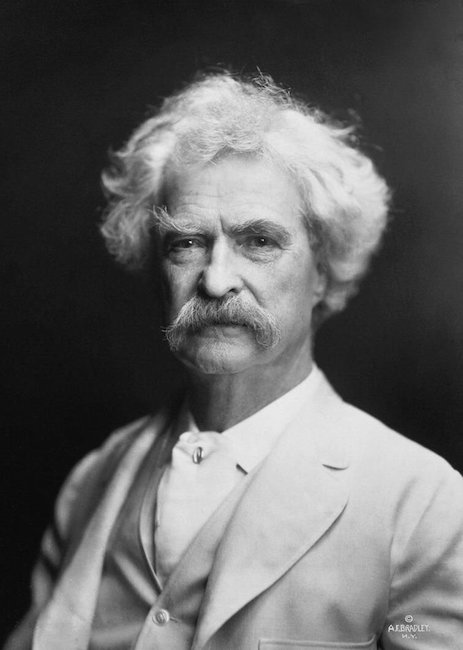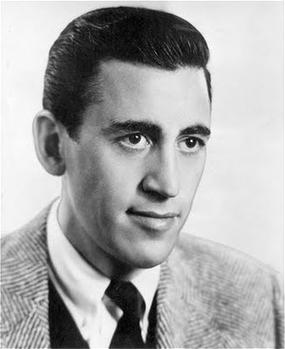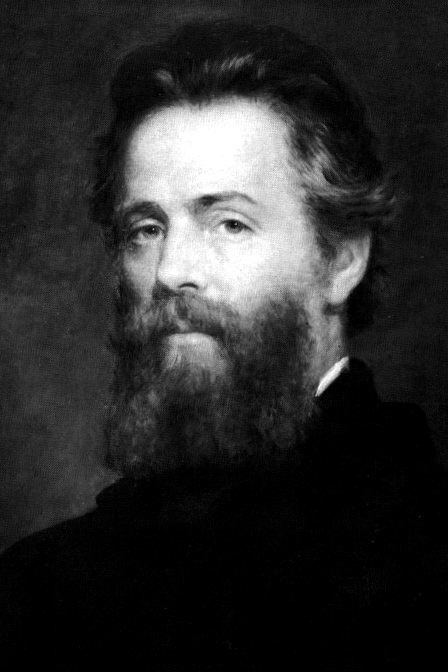As a center of culture, it should come as no surprise that some major literary names have called New York City home. From natives to visitors, there are plenty of different kinds of NYC authors throughout history, and many neighborhoods make up a vital part of their histories. These are just four of the many acclaimed writers who inhabited some of New York’s most beloved neighborhoods.
Mark Twain
From the Mississippi River to Salt Lake City, there’s almost no corner of this country that the famed writer and humorist didn’t at least visit during his 74 years on Earth. His first visit to NYC at age 17 sparked a lifelong love of the Big Apple, and later in life, Twain lived in different addresses across the city: in the West Village, Gramercy, and even Riverdale in the Bronx, overlooking the Hudson River.
Pete Hamill
For a certain generation, the story of New York City is found in the words of this Park Slope-born author, whose memoir A Drinking Life recalls his youth and misspent adulthood in Brooklyn during the 50s and 60s. Hamill, whose brother Denis is a regular columnist for the Daily News, cut his teeth in regional papers like the News, the defunct New York Herald Tribune, the New York Post, Village Voice, and Newsday. He now calls Prospect Heights home.
J.D. Salinger
This Catcher in the Rye author was famously reclusive, so it’s no wonder his time on the Upper East Side was somewhat brief. Salinger rented an apartment at 300 East 57th Street right after Catcher was published, and stayed in his sparsely furnished pad for only a year before he moved to obscurity in New Hampshire. He would remain there until his death in 2010, never seeing the city again.
Herman Melville
The Moby Dick and Billy Budd author fed his nautical passions on merchant ships out of New York Harbor in the early to mid 1800s. Born into wealth in Lower Manhattan, his family suffered during recessions and Herman was forced to find work as a crewman, giving him the inspiration to write his beloved masterpiece in 1851. Unappreciated in his time, Melville died in his borough of birth in 1891 and was buried in the Bronx.




